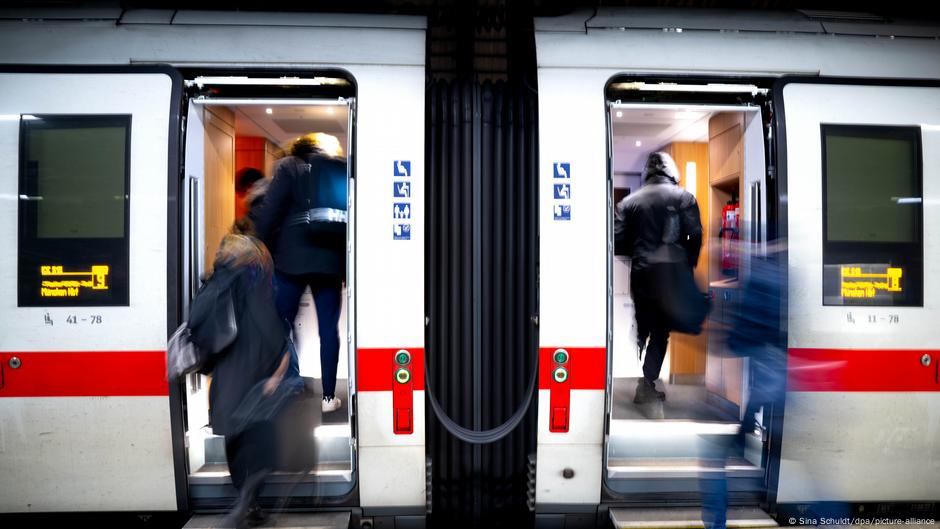Green Revolution on Wheels: How Germany's €49 Ticket is Transforming Transportation

Germany's innovative public transport initiative has proven to be a game-changer for environmental sustainability, according to recent research. The country's affordable monthly transit subscription, priced at just €58, has significantly reduced carbon dioxide emissions nationwide.
The low-cost transit pass has not only made public transportation more accessible but has also demonstrated a remarkable impact on reducing the country's carbon footprint. While the current pricing has been effective, some advocates argue that an even lower price point could further encourage widespread adoption and maximize environmental benefits.
Experts suggest that by making public transit more economically attractive, more citizens are choosing to leave their personal vehicles at home, directly contributing to a substantial decrease in greenhouse gas emissions. This approach represents a practical and innovative strategy in combating climate change at a local level.
As discussions continue about potential price adjustments, the initial results are promising, showcasing how strategic transportation policies can play a crucial role in environmental protection and sustainable urban living.
